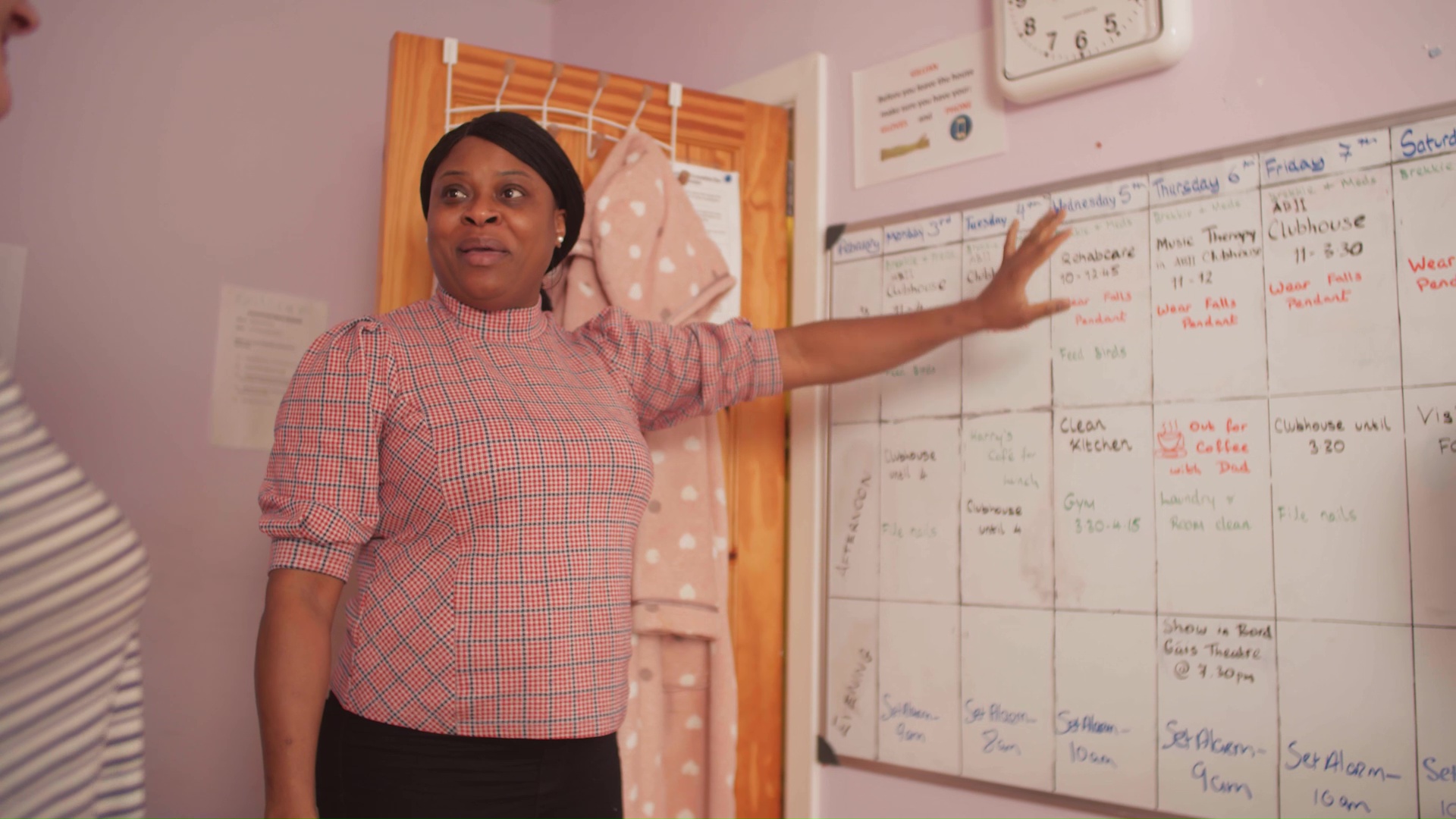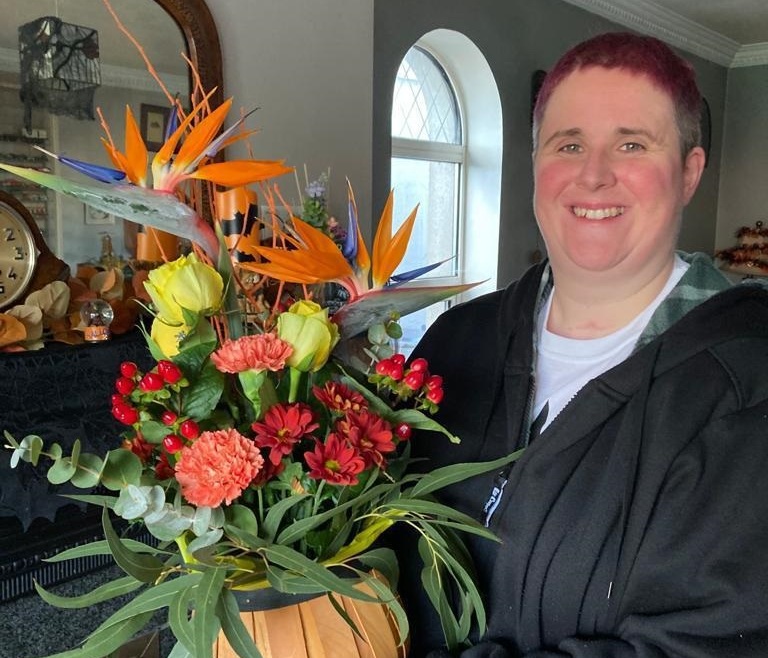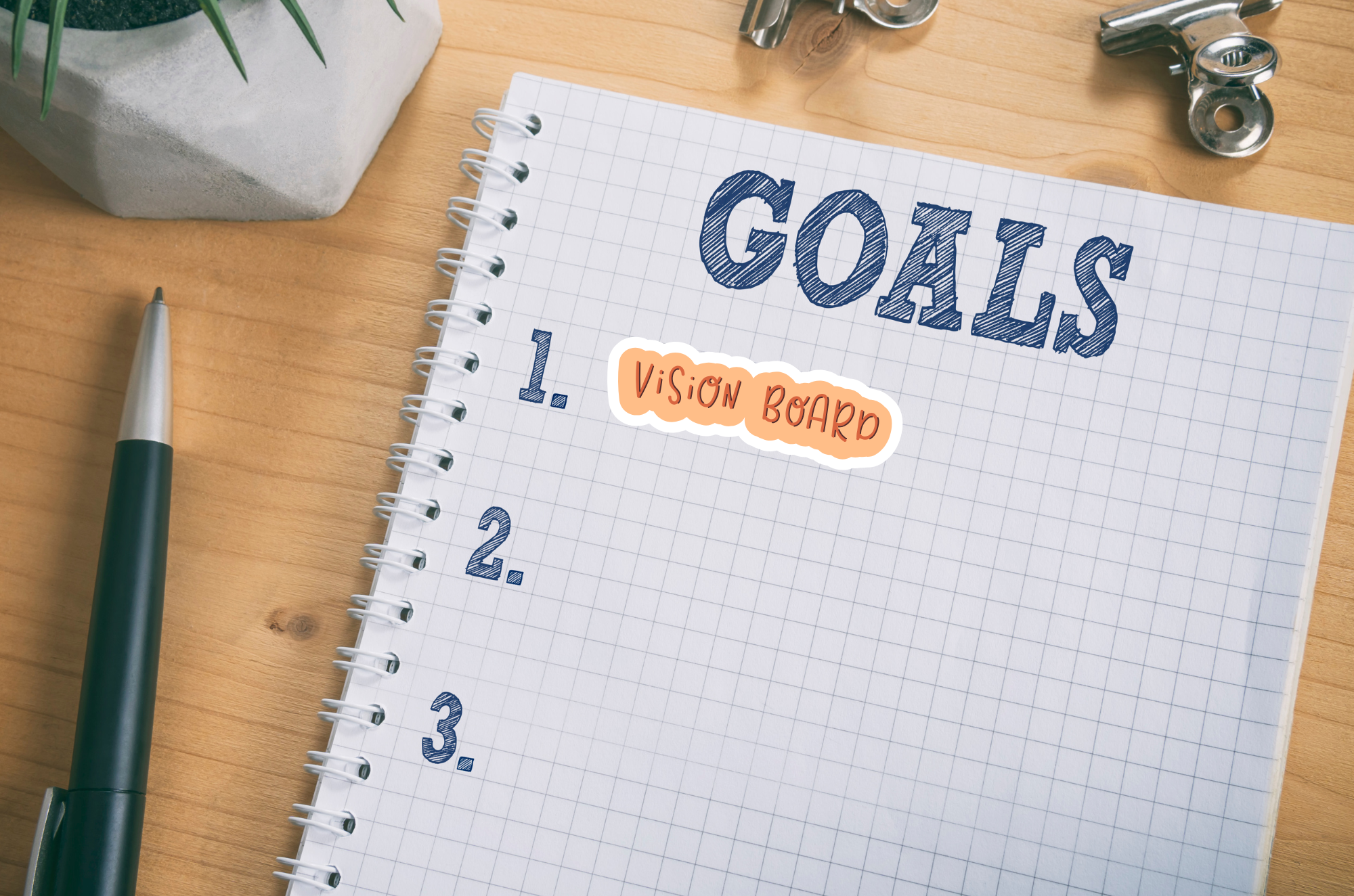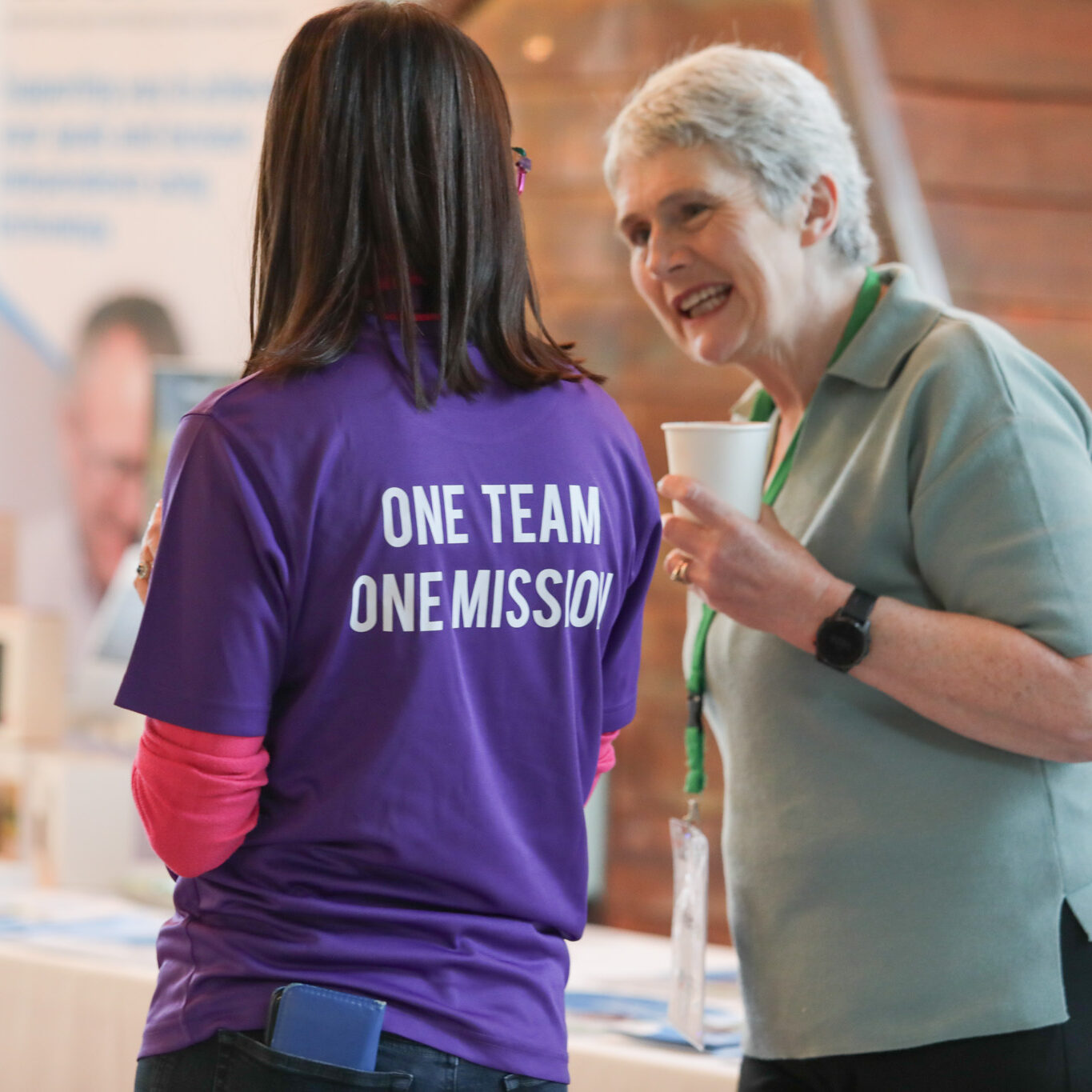Living with an Acquired Brain Injury
If your life has been derailed by a brain injury, we want you to know there are people here to help you get it back on track. We provide a range of supports to people living with a brain injury in Ireland.
Our expert staff and colleagues have also put together tools and information that may be useful as you continue your recovery, and learn how to live life after brain injury.
Adjusting to life after a brain injury
Getting back to everyday life after a brain injury can be challenging and often frustrating. No one can truly understand the impact of a brain injury without having experienced it. It is important to remember that it takes time to adjust and understand your brain injury.
Survivors of a brain injury often make excellent recoveries through hard work, and support from family and healthcare professionals. Looking after your health and wellbeing will give your brain the best chance of improving.
Tip sheets and more information
Fatigue
It is very common to experience fatigue after a brain injury. Your brain is working much harder to do the everyday things you used to do without thinking. Each person’s experience of fatigue can be different. We usually know it is a problem when it is not solved by sleep or rest.
Fatigue can make many things seem much harder. For example, if you’re feeling fatigued, you might notice your speech start to slur. You might find it difficult to concentrate or lack the energy to get out and about. Fatigue can also affect your mood and leave you feeling down. Some people say that if they try to push themselves to do the same level of activity as before their brain injury, it can take a long time to recover.
That’s why it is so important to get plenty of rest, to give you as much energy as possible and to support your recovery. Over time, you may be able to reduce the number of naps you take and the amount of rest you need.
In 2019, the UK based organisation Headway published a report about how brain injury survivors experience fatigue. Their key findings included:
70%
of brain injury survivors report that fatigue is the most debilitating effect of their brain injury
3 in 4
brain injury survivors feel that people in their life do not understand their fatigue
88%
of brain injury survivors feel that their fatigue affects their behaviour and emotions
3 in 4
brain injury survivors need help to understand the effect fatigue has on them
Tip sheets and more information
Memory
Memory is a process in the brain that allows us to take in information, keep it, and recall it when needed. Having a brain injury can affect any part of this process. It can also make it hard to learn and remember things, such as keeping appointments, or calling someone back when you have promised to do so.
It’s very common for people to experience some memory problems after a brain injury, and this can be frustrating. Usually, people have more difficulty remembering recent events or learning new events. But every brain injury is unique, and every brain responds differently. Some people find ‘triggers’ that make their memory problems worse, including:
- Lack of sleep
- Stress
- Illness
- Experiencing strong emotions like anger or anxiety
If you have challenges with your memory, a Psychologist or Occupational Therapist may be able to help you understand where exactly the difficulties lie, and how to manage them. We have also included some tips to help manage memory problems here.
Communication
Communication problems are very common after a brain injury. They can include difficulty understanding language and using language, organising thoughts, reading, writing, paying attention, and remembering what has been said. Some survivors may have problems with the muscles used for speech. It is also normal to find it difficult to interact in social settings.
Many communication difficulties can be improved over time, including with the help of a Speech and Language Therapist. Family and friends can also make communication easier by speaking slowly, giving each conversation time, repeating information if needed, and using different means of communication such as writing, drawing, or gestures.
In this video, Speech and Language Therapist Dr Nicholas Behn describes how a brain injury can impact communication.
Further resources
Anger and Strong Emotions
A brain injury is a life-changing event, and it is normal for survivors to feel angry. There are different reasons for anger. It can be a reaction to the injury itself, and how life has changed because of it. Anger can be caused by pain, or by fatigue. Of course, there may also be people who experienced anger before their injury.
But in many cases, anger emerges after the injury because of the part of the brain that was damaged. Our brain controls our emotions and behaviours and so, when certain parts are injured, those emotions and outbursts are harder to control. Your ‘threshold’ for anger may be lower, meaning you become angry more easily.
This video presentation by Dr Brian McClean, prepared for our On With Life Carers and Families Programme, explores some reasons for behavioural challenges, and strategies for managing them. We have also included some tips on how to understand what is causing anger, and strategies for how to manage those strong feelings when they arise.
Tip sheets and more information
Planning and Structuring Your Day
Day-to-day planning and organisation can be harder for those living with an acquired brain injury. The ability to problem solve, make decisions, and stick to a routine may not be as strong as it was before.
Developing a routine may not be easy, but it can really help those living with a brain injury to reduce stress, increase productivity and reach your goals. Having a predictable routine in the day also gives more time to rest and save energy for rehabilitation.
As part of daily, weekly or monthly planning it is also important to set goals. This creates motivation and gives you something to work towards. Remember to acknowledge and be proud when those goals have been achieved. If you don’t complete your goal at any point, that is ok too.
We have listed some tools and strategies below to support survivors of brain injury to plan their day, set goals, and keep to their routine.

More information and resources
Managing the Demands of Everyday Life
Every day, we need a wide range of abilities to work, learn, perform tasks, and interact with other people. For example, the ability to:
- plan and organise
- control your emotions
- concentrate and take in information
- learn rules
- solve problems
- make decisions
- multi-task
- behave appropriately in social situations
This broad range of abilities is known as ‘Executive Functioning’. While they may seem effortless to some people, they are complex skills that require many different parts of the brain to work together.
Following a brain injury, it is very common to experience problems with different aspects of Executive Functioning. This can make it much more difficult to manage the demands of everyday life. Often, survivors may not be aware of the problems they are experiencing. This can lead to frustration, tiredness, and sometimes embarrassment and isolation.
One of the key steps to managing problems with Executive Functioning is to understand the effects of your brain injury. Psychologists can especially help with this. Mindfulness also helps support Executive Functioning by bringing awareness and attention to our thoughts and actions.
More information about executive functioning
Problem Solving
How to exercise your brain after a brain injury
Returning to Work
If you have experienced a brain injury, your ability to work or study may have been affected. For many survivors, getting back to employment, education or volunteering is an important goal. Participating in work provides opportunities to socialise with others, creates a meaningful routine, and increases self-confidence.
Vocational rehabilitation can help to support these goals. At Acquired Brain Injury Ireland, we offer vocational rehabilitation through our Step Ahead Plus programme. The programme is open to survivors of brain injury aged 18 to 65 nationwide.






















